‘We Are Not Alone’: Zelensky

Brussels — Ukrainian President Volodymyr Zelensky expressed gratitude to European leaders on Thursday, acknowledging their steadfast support as the European Union convened an emergency summit to address growing security concerns following Washington’s abrupt shift away from Kyiv.
The meeting in Brussels brought together all 27 EU leaders for the first time since last week's explosive exchange between U.S. President Donald Trump and Zelensky, which led to Washington suspending military aid and intelligence-sharing vital to Ukraine’s defense against Russia’s invasion.
"We are very thankful that we are not alone. And these are not just words," Zelensky stated as he stood alongside European Commission President Ursula von der Leyen and European Council President António Costa at the summit’s opening.
Europe Faces a Turning Point
With America’s long-term security commitments now in question, European leaders are under pressure to take a more proactive role in their own defense. Germany’s likely next leader has already signaled a historic shift in military policy, underscoring the urgency of the moment.
"This is a watershed moment for Europe," von der Leyen declared, unveiling a plan to mobilize €800 billion to strengthen the continent’s defenses against Russian threats.
"Europe faces a clear and present danger, and therefore, Europe must be capable of protecting itself," she added. "This is also a decisive moment for Ukraine. We must ensure that Ukraine can defend itself and secure a lasting and just peace."
Leaders are expected to approve the Commission’s ambitious defense initiative, which largely focuses on loosening budget constraints to allow greater military spending. The EU’s two largest economies, Germany and France, have already signaled their readiness to ramp up investments.
Macron Calls for Defense Surge Amid ‘New Era’
On the eve of the summit, French President Emmanuel Macron called for a dramatic increase in defense spending to confront what he described as a "new era." He also proposed discussions on extending France’s nuclear deterrent to European partners.
"Who can believe that today’s Russia will stop at Ukraine?" Macron asked in a solemn national address. "I want to believe that the United States will remain by our side, but we must prepare for the possibility that it will not."
Germany’s incoming leader, Friedrich Merz, echoed the concerns, stating he was preparing for the "worst-case scenario" and advocating for sweeping reforms to boost German defense spending.
‘Coalition of the Willing’ and European Security Guarantees
Zelensky’s visit to Brussels comes as he works to re-engage Washington following the diplomatic fallout. He has signaled a willingness to pursue a peace deal under Trump’s leadership while advancing an agreement granting the U.S. access to Ukraine’s critical mineral resources.
However, German Chancellor Olaf Scholz reiterated European opposition to any "dictated peace," stressing that a future settlement must uphold Ukraine’s sovereignty and independence.
Trump’s outreach to Russian President Vladimir Putin—bypassing both Kyiv and European allies—has sparked alarm in Brussels, raising concerns over a possible long-term U.S. disengagement from European security.
The crisis has also prompted a renewed partnership with the United Kingdom, five years after Brexit. British Prime Minister Keir Starmer is now working closely with Macron to mediate between Trump and Zelensky. Last weekend, Starmer joined European leaders in London, where they met with NATO’s secretary general and other non-EU partners, including Turkey.
France and Britain have jointly proposed a one-month ceasefire covering air, sea, and energy infrastructure. They are also advocating for a "coalition of the willing" to help secure a future peace agreement, with Turkey expressing interest in contributing to peacekeeping efforts.
Meanwhile, EU leaders are debating potential "security guarantees" for Ukraine, which could involve deploying European troops—an idea supported by several member states but firmly rejected by Russia.
While Zelensky is expected to receive strong political backing in Brussels, the summit is unlikely to result in major new aid commitments beyond the €30 billion ($32 billion) the EU has already pledged for this year. Some member states argue that existing European financial commitments are sufficient to sustain Kyiv, despite Washington’s freeze on aid.
As Europe navigates this pivotal moment, the question remains: can the bloc step up and fill the security vacuum left by a wavering United States?



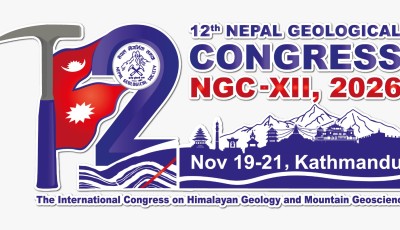
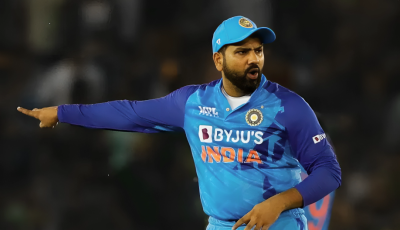


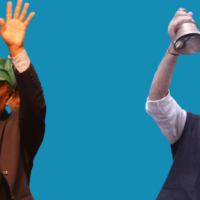
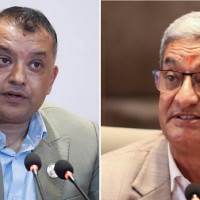
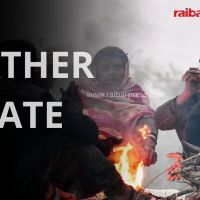


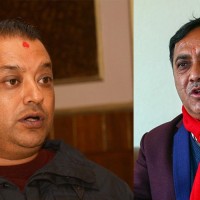
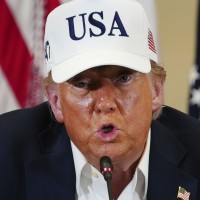
तपाईको प्रतिक्रिया दिनुहोस